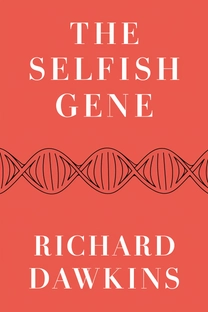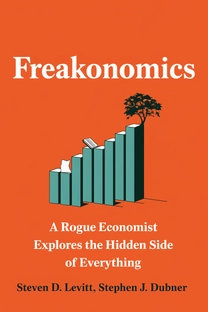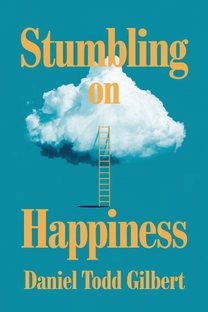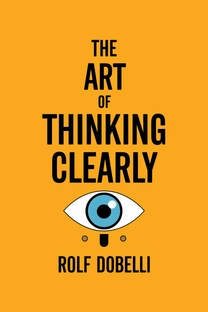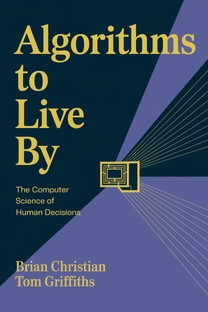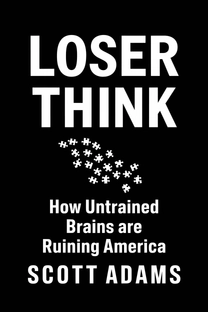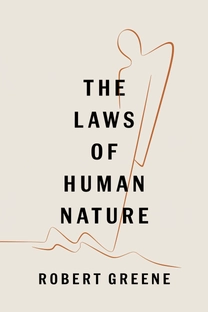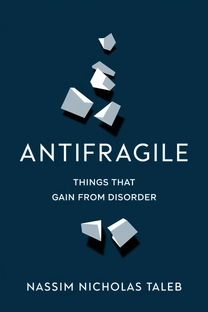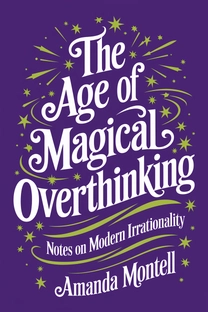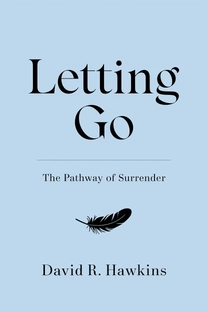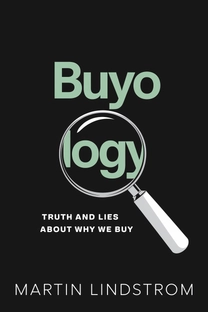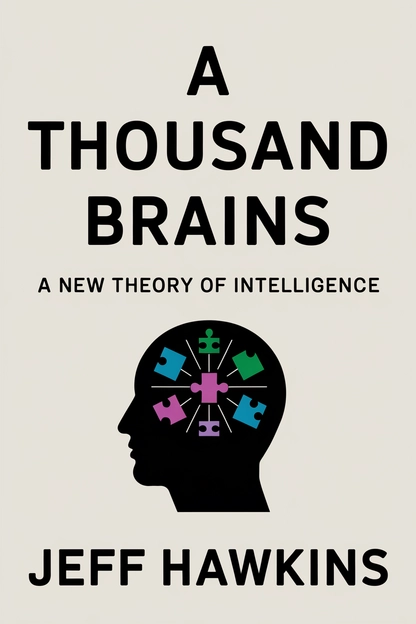
A Thousand Brains
A New Theory of Intelligence
by Jeff Hawkins
Brief overview
This book reimagines how we think about intelligence by explaining how the neocortex forms countless models of the world. It shows how these models shape perception, decision-making, and creativity, and how they might inspire future technologies. Expect to discover insights about the mind, the essence of consciousness, and the profound impact this understanding could have on humanity’s destiny.
Introduction
Every day, we rely on our intelligence to anticipate, plan, and learn—yet the exact nature of these mental abilities remains elusive. This summary dives into a fresh perspective on how the brain builds and updates thousands of mini-models to make sense of reality.
Picture your mind as a bustling metropolis of tiny regions, each learning and predicting in parallel. Far from a single monolithic process, its power lies in collective cooperation and shared insights.
In the pages that follow, you’ll discover what drives your everyday thoughts, why misconceptions come so easily, and how emerging technologies might leverage the blueprints of our neural machinery.
The Old and New Brain
Our survival-centric “old brain” brings primal drives—like hunger, fear, and the urge to reproduce. It helped our ancestors thrive, but it can also lead to rash decisions and aggression.
Over time, evolution added a neocortex on top: a goliath of gray matter that lets us plan ahead, reflect on our senses, and conceive abstract concepts. This new brain gives us language, creativity, and the ability to reason about intangible ideas.
Yet we shouldn’t see these two brains as fully harmonious. The old brain’s impulses can overshadow the new brain’s measured logic, explaining struggles with overeating, certain addictions, or shortsighted choices.
What is A Thousand Brains about?
A Thousand Brains: A New Theory of Intelligence
Author Jeff Hawkins dives into the nature of understanding, exploration, and existence in "A Thousand Brains: A New Theory of Intelligence". The book unveils a pioneering perspective on the neocortex's role in forming countless world models. It offers thought-provoking insights into human cognition, creativity, and the potential for enriching future technologies.
With a focus on brain architecture and cognitive processes, the book elucidates how our mental apparatus shapes perceptions, aids in decision-making, and facilitates creative thinking. Hawkins elegantly distills complex neural dynamics into accessible notions, highlighting the role of predictive intelligence and timeless models of thought. "A Thousand Brains" matters because it echoes the untapped potential of understanding our neural models to redefine technological strides and elevate humanity's future.
Review of A Thousand Brains
"A Thousand Brains: A New Theory of Intelligence" by Jeff Hawkins is a remarkably insightful piece that unpacks the intricacies of cognition through the lens of the neocortex. One of the book's greatest strengths is its articulation of the brain as a patchwork of cortical columns—a thousand mini-worlds working in unison to navigate our complex reality. Hawkins explains this through the intriguing analogy of predictive intelligence, where our minds constantly create and refine models based on sensory inputs.
The book's practical relevance lies in its transformative perspective on artificial intelligence. By drawing parallels between human intelligence and potential AI developments, Hawkins emphasizes the need for AI to replicate core cognitive principles, thereby promoting innovations like adaptable neural networks. His style is refreshingly approachable, managing to break down ultra-complex neuroscience without oversimplifying. This makes the book suitable for neuroscience enthusiasts and novices alike.
"A Thousand Brains" is an essential read for anyone intrigued by the mysteries of intelligence. Its optimism and actionable insights will inspire professionals across fields, from technologists to educators, to rethink the role of brain science in shaping the future. Hawkins offers an invitation to reimagine the potential of human cognition in an increasingly technological era—etiologically appealing and scientifically sound, this book comes highly recommended.
Who should read A Thousand Brains?
- <p>Neuroscience enthusiasts</p><p>Readers interested in the workings of the mind and brain will delve into cutting-edge theories on neural models and cognition.</p>
- <p>AI researchers and technologists</p><p>Exploring the parallels in brain function and artificial intelligence will illuminate how AI can evolve using brain-like structures.</p>
- <p>Educators and students</p><p>Those involved in cognitive science education will find Hawkins' clear explanations and thorough exploration of brain models invaluable.</p>
- <p>Futurists and technologists</p><p>Visionaries aiming to harness knowledge about human intelligence to better inform technological advancements.</p>
- <p>Philosophers and thinkers</p><p>Individuals pondering the nature of consciousness and human potential in a rapidly evolving technological landscape.</p>
About the author
Book summaries like A Thousand Brains
Why readers love Mindleap
10-Minute Book Insights
Get the core ideas from the world's best books in just 10 minutes of reading or listening.
Curated For You
Discover your next favorite book with personalized recommendations based on your interests.
AI Book ExpertNew
Chat with our AI to help find the best book for you and your goals.
Reviews of MindLeap
Love how I can get the key ideas from books in just 15 minutes! Perfect for my busy schedule and helps me decide which books to read in full.
Alex R.
The summaries are incredibly well-written and the audio feature is perfect for my commute. Such a time-saver!
Jessica M.
Great app for personal growth. The insights are clear and actionable, and I love how they capture the essence of each book.
Chris P.
The app is beautifully designed and the summaries are top-notch. Definitely worth every penny!
Sarah K.


